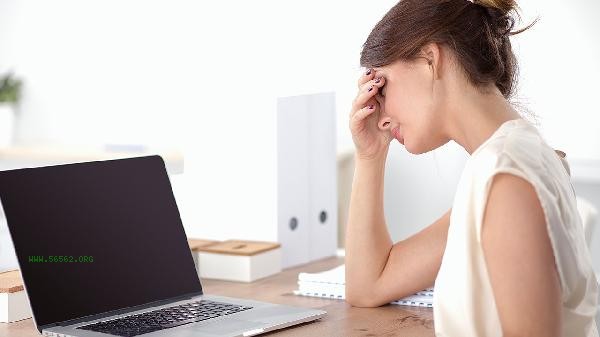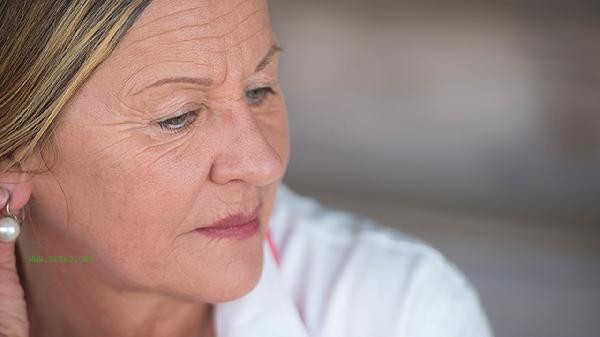Female menopause usually occurs between the ages of 45 and 55, mainly influenced by genetic factors, ovarian dysfunction, changes in hormone levels, lifestyle habits, chronic diseases, and other factors.

1. Genetic factors
The menopausal age of the mother or sisters has a significant impact on women. If immediate family members experience menopause earlier, individuals may also experience related symptoms earlier. This type of situation does not require special treatment, but it is necessary to pay attention to bone density and cardiovascular health in advance.
2. Ovarian dysfunction
A natural decrease in the number of follicles can lead to a decrease in estrogen secretion, which may be accompanied by symptoms such as menstrual disorders and hot flashes. It is recommended to undergo regular gynecological examinations and, if necessary, use medications such as estradiol tablets and progesterone capsules under the guidance of a doctor to alleviate symptoms.
3. Hormonal level changes
Elevated follicle stimulating hormone and estrogen fluctuations can cause emotional instability, sleep disorders, and other symptoms. Maintaining a regular daily routine can help regulate the endocrine system. In severe cases, medication that regulates neurological function such as Guweisu tablets and Diazepam tablets can be used according to medical advice.

4. Lifestyle Habits
Long term smoking and excessive alcohol consumption may lead to premature menopause. Persisting in moderate exercise such as yoga and brisk walking, and increasing intake of foods rich in plant estrogens and omega-3 fatty acids such as soy products and deep-sea fish, can help with a smooth transition.
5. Chronic diseases
diabetes, thyroid diseases, etc. may interfere with the endocrine system, leading to increased menopausal symptoms. It is necessary to actively control the primary disease, cooperate with doctors to monitor hormone levels, and avoid self medication of hormone drugs. Menopause is a natural physiological stage for women, and it is recommended to maintain a balanced diet and supplement calcium and vitamin D in moderation. It is recommended to engage in 150 minutes of moderate intensity exercise such as swimming or Tai Chi per week, while also using mindfulness meditation to alleviate anxiety. If you experience severe hot flashes, osteoporosis, or sustained low mood, you should seek medical attention promptly at a gynecology or endocrinology department to avoid blindly using health supplements instead of regular treatment.





Comments (0)
Leave a Comment
No comments yet
Be the first to share your thoughts!